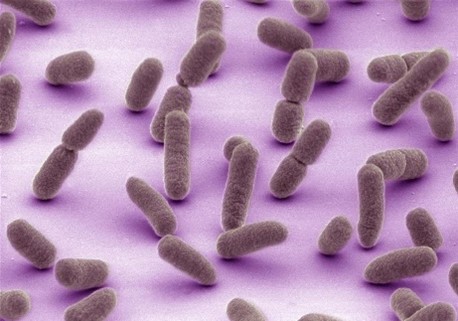
Credit: Mark Ellisman and Thomas Deerinck, National Center for Microscopy and Imaging Research, University of California San Diego.
At least 1.7 million adults in the United States develop a life-threatening condition called sepsis each year. Sepsis is an overwhelming or impaired whole-body immune response that’s most often caused by bacterial infections. However, it can also be caused by viral infections, such as COVID-19 or influenza; fungal infections; or other injuries, including physical trauma. Anyone can get sepsis, but there’s a higher risk for some people, such as those who are ages 65 and older, who have certain medical conditions, or who have recently experienced severe illness or hospitalization.
The early symptoms of sepsis can include fever, chills, rapid breathing or heart rate, disorientation, and clammy or sweaty skin. Because other conditions also have these symptoms, sepsis can be difficult to diagnose. NIGMS-supported researchers are working to increase our understanding of sepsis so that doctors can identify it more quickly and treat it more effectively.
The quiz below will test your knowledge of sepsis with examples from some of the scientists we’ve recently featured on the blog who explore new ways to fight this condition. Check out the original blog posts at the bottom of the quiz to learn more about each of the researchers and their work.
Results
Share...
Share...

#1. As a postdoctoral researcher, Dr. Caroline Jones studied how the behavior of immune cells from people with burns might predict the development of sepsis. Burns and other potential triggers for sepsis can collectively be called:
The correct answer is A. An insult is an injury to the body or a body part, or something that causes or could potentially cause such injury.
Image credit: Moises Gomez.
Share...
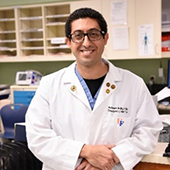
#2. Dr. Faheem Guirgis investigates a group of biological compounds that become dysregulated in sepsis. What are these compounds called? (Hint: They don’t dissolve in water.)
The correct answer is C. Lipids are a diverse group of organic compounds that don’t dissolve in water. They include fats and oils, phospholipids (large components of cell membranes), waxes, and steroids (including cholesterol, a precursor to many hormones).
Image credit: University of Florida, Jacksonville.
Share...
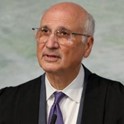
#3. Dr. John Alverdy studies how stressors such as illness or surgery can lead to sepsis by agitating:
The correct answer is D. Stressful conditions can agitate our microbiota, leading them to contribute to infection and sepsis. Dr. Alverdy has shown that providing particular nutrients to microbes can help prevent them from responding to stressors in harmful ways.
Image credit: University of Chicago Medicine.
Share...

#4. Dr. Andre Holder is using machine learning and artificial intelligence to create a way to predict whether patients will develop sepsis. Noticing the signs of sepsis early can help prevent its more severe outcomes. Which of the following is NOT a potential outcome of sepsis?
The correct answer is A. Sepsis can cause tissue damage, organ failure, and death. At least 350,000 adults who develop sepsis die during their hospitalization or are discharged to hospice. Better tools for identifying sepsis could help reduce that number.
Image credit: Emory University School of Medicine.
Share...

#5. Historically, people thought that the only cause of sepsis was the body responding too strongly to an infection. However, Dr. Richard Hotchkiss’ research has shown that during sepsis, the body may produce too few of which of the following?
The correct answer is B. The lack of these immune cells can make a person more vulnerable to infections. Dr. Hotchkiss’ team is testing ways to boost the levels of these cells.
Image credit: Washington University.
Share...
Find more about all the researchers featured in this quiz in these posts:
Career Conversations: Q&A With Immunoengineer Caroline Jones
Career Conversations: Q&A With Clinician-Scientist Faheem Guirgis
Sepsis Sleuths (Dr. John Alverdy)
Biology Beyond the Lab: Using Computers to Study Life (Dr. Andre Holder)
Staying Safe From Sepsis (Dr. Richard Hotchkiss)


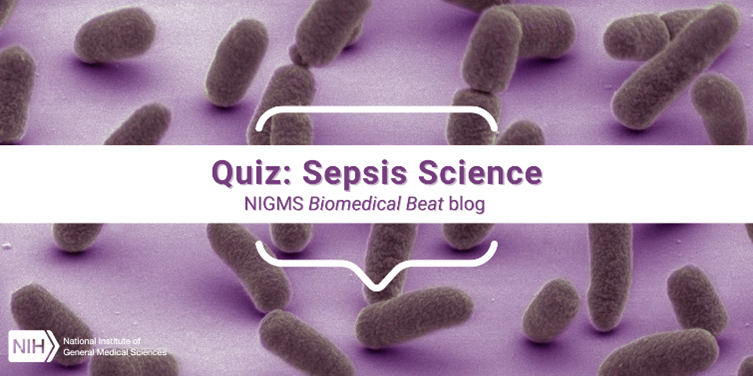




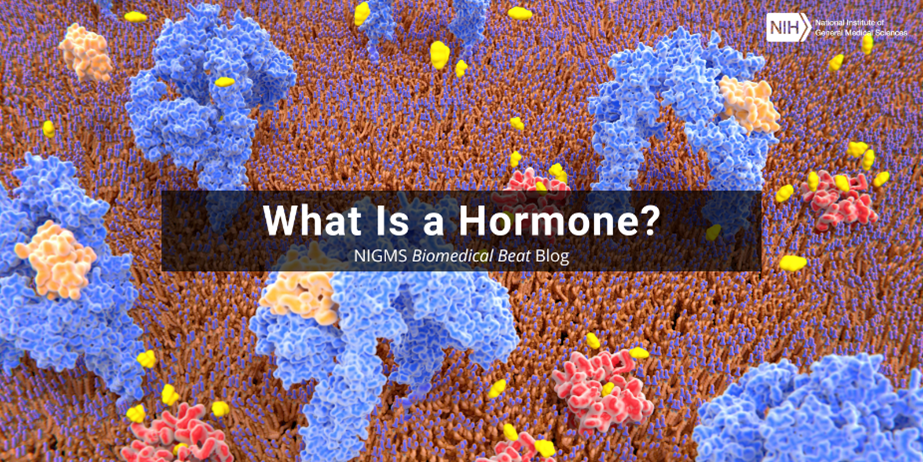


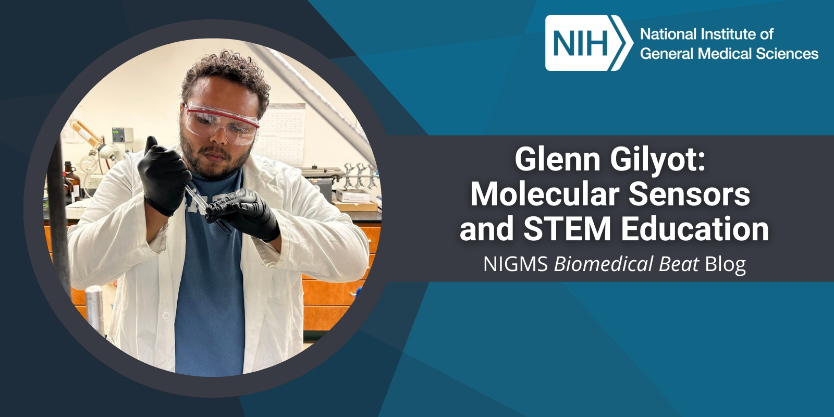
I’m going to say I didn’t do too bad considering I’m a Survivor of septic shock and not a doctor. I’m glad to see that there’s so much more research since I was in the hospital.
the quiz on sepsis was exciting and it’s really informative